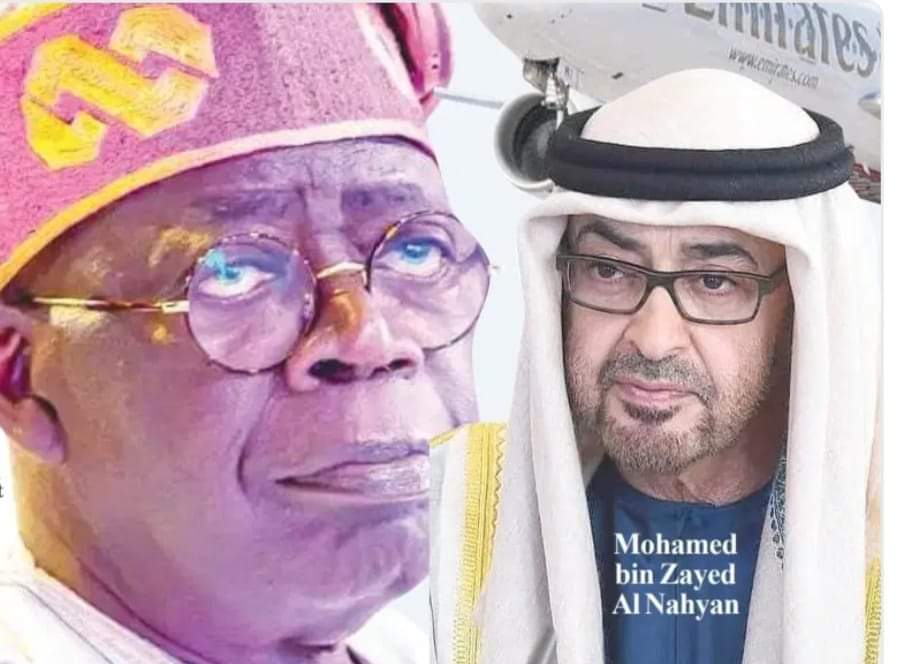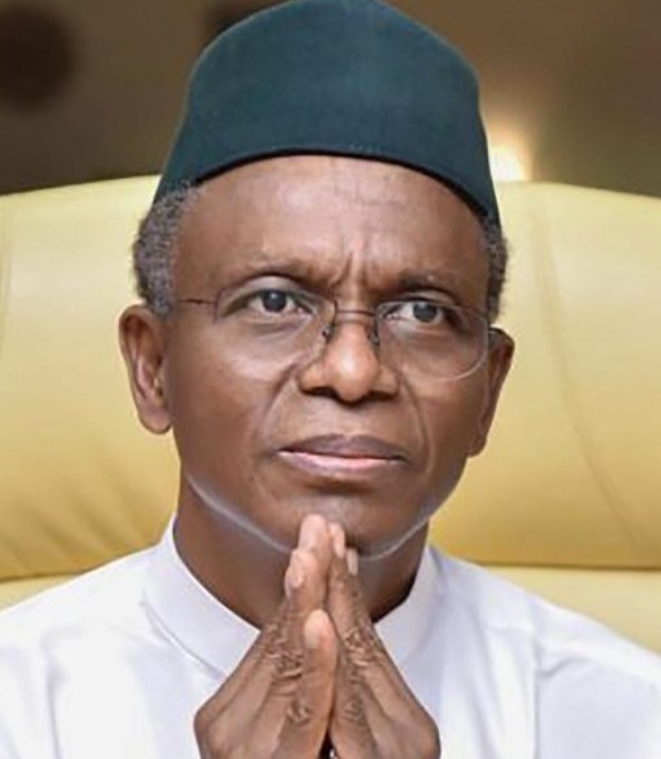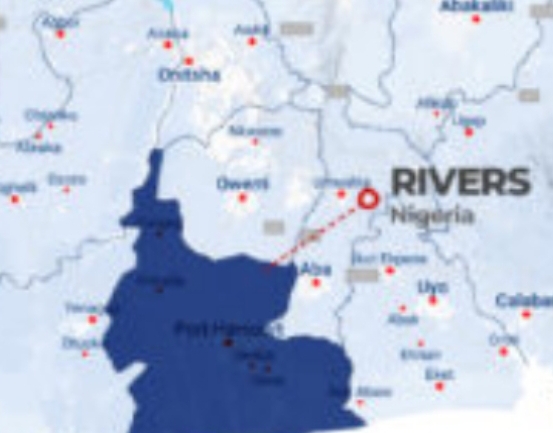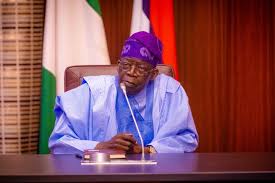Flight Resumption to UAE: Fears as FG, UAE agreement places Nigerian carriers at disadvantage
Two months after the Nigerian government changed the Bilateral Air Service Agreement, BASA, it had with the United Arab Emirates, UAE, there are growing concerns about how beneficial the new air pact will be to Nigerian airlines.
In September 27, 2024, ahead of Emirates flight resumption, the Federal Government, through the Ministry of Aviation and Aerospace Development, in a statement, said Nigeria had concluded reciprocal rights with UAE authority.
The Nigerian government also disclosed that it had set the foundation for a new BASA between both countries to ensure stronger and mutually beneficial aviation ties.
Meanwhile, the issues surrounding the agreement got interesting when a document seen by Saturday Vanguard revealed that the federal government may have put designated Nigerian carriers in a difficult situation as they may not enjoy level playing field with UAE airlines.
The 15-page document assessed by industry analysts showed that Nigeria, in uncertain terms, may have altered its aviation treaty with UAE from BASA to what analysts term Open Skies.
In the air transport sector, while BASA confines airline(s) to certain frequencies and destinations, ‘Open Skies’ permits airline(s) to fly on international routes freely and compete openly with one another for passengers.
What does the document entail?
According to the 3,915-word document, the Nigerian delegation that signed the agreement in Dubai on September 30, 2024, included Head of Delegation, Mr Festus Keyamo; Project Monitoring, Mr Issa Osagie; Director Air Transport Regulations Nigeria Civil Aviation Authority, Mrs Babaoye-Iriobe; Director of Operations Federal Airport Authority of Nigeria, FAAN, Captain Abdullahi Mahmood; and Chairman of Airline Operators of Nigeria, Mr Abdullahi Ahmed.
Also, the UAE delegation included Head of Delegation, Deputy Director General & Assistant Director General, GCAA, Omar Bin Ghaleb; Senior Director of Air Transport Department, GCAA, Captain Khalid Humaid Al Ali; Expert Air Transport, GCAA, Mr Nasser Mubarak Al Khater;
Senior Lead Air Transport, GCAA, Ms Valerie Beowne; Lead Air Transport, GCAA, Mrs Jawaher Mohammed Al Abdouli; Senior Officer Air Transport, GCAA, Mr Fahad Abdulrahman Al Rais; and Senior Officer Air Transport, GCAA, Mr Hassan Ahmed Barman.
Titled: ‘Protocol Amending the Air Services Agreement between the Federal Republic of Nigeria and the United Arab Emirates Relating to Air Services between and beyond their Respective Territories,’ UAE’s delegation, in the amended air agreement, re-confirmed their designation of Etihad Airways, Emirates Airline, Air Arabia, flydubai, Air Arabia Abu Dhabi and Wizz Air Abu Dhabi as designated airlines, and added that additional UAE airline(s) may be designated in due course by the aeronautical authority of the UAE.
Similarly, the Nigerian delegation re-confirmed their designation of United Nigeria Airlines and Air Peace as designated airlines, noting that additional Nigerian airline(s) may be designated in due course by the aeronautical authority of Nigeria.
Talking points
On Principles Governing Operation of Agreed Services, Article 5 of the agreed pact states: “Each contracting party shall reciprocally allow the designated airlines of both contracting parties to compete freely in providing the international air transportation governed by this Agreement.
“There shall be no restriction on the capacity and the number of frequencies and/or type(s) of aircraft to be operated by the designated airlines of both contracting parties in any type of service (passenger, cargo, separately or in combination). Each designated airline is permitted to determine the frequency, capacity it offers on the agreed services.
“Neither contracting party shall unilaterally limit the volume of traffic, frequencies, regularity of service or the aircraft type(s) operated by the designated airlines of the other contracting party, except as may be required for customs, technical, operational or environmental requirements under uniform conditions consistent with Article 16 of the Convention.”
Grant of Rights
In Article 2, the agreement partly states: “The designated airlines of each contracting party shall enjoy the following rights: to fly across the Territory of the other contracting party without landing; to make stops in the Territory of the other contracting party for nontraffic purposes, and to make stops in the Territory of the other Contracting Party, for the purpose of taking on and/or discharging international traffic in passengers, baggage and cargo, separately or in any combination, while operating the agreed services.
“If because of armed conflict, political disturbances or developments or special and unusual circumstances a designated airline of one contracting party is unable to operate a service on its normal routing, the other contracting party shall use its best efforts to facilitate the continued operation of such service through appropriate temporary rearrangement of routes as is mutually decided by the contracting parties. The designated airlines shall have the right to use all airways, airports and other facilities provided by the contracting parties on a non-discriminatory basis.”
Route Schedule
In addition, Section 1 of the agreement states that designated airline(s) of the UAE can operate from any point in the UAE to any point in Nigeria. For intermediate and beyond points, it states: “Any points.”
Section 2 of the deal states that designated Nigerian airline(s) can operate from any point in the UAE to any point in Nigeria. For intermediate and beyond points, it states: “Any points.”
On the operation of the agreed services, the revised deal says: “Designated airline(s) of both contracting parties are entitled to exercise, in any type of service (passenger, cargo, separately or in combination), full fifth freedom traffic rights to/from any intermediate or beyond point(s) without any restriction whatsoever.
Designated airline(s) of both contracting parties are entitled, either as operating carrier or marketing carrier, to exercise own stopover rights at any intermediate point(s) and/or beyond point(s), as well as at points within the Territory of the other contracting party. For services within the Territory of the other contracting party, these rights are to be exercised without cabotage.”
What analysts say?
Contacted to evaluate the air pact, a senior official faulted it, asserting: “This appears like an Open Skies.”
Speaking to Vanguard on the condition of anonymity, he explained that when a country’s airlines cannot compete with mega carriers, they are protected.
The official said: “You don’t open your market when you cannot compete. What everybody does is to first protect their market and let it grow. Here in Nigeria, our airlines are dying because they are not economically viable, yet you are now telling people (UAE carriers) to fly into any part of the country. That’s not protecting your own. You must try to protect your own.”
SAATM
Also speaking to Saturday Vanguard, an industry analyst questioned the rationale behind such an agreement, saying: “Nigeria is a signatory to the Single African Air Transport Market, SAATM. Yet, you are not giving African airlines fifth freedom. You are giving it to UAE carriers. Our airlines should be fighting this thing. Why are they keeping quiet?”
The analyst, who didn’t want his name in print, also noted that the representative of the Airline Operators of Nigeria, AON, at the meeting was not the AON president.
“Why is somebody sitting on a bilateral agreement bearing the name of president when he is not the president of the AON? What is going on here? That is a very serious issue,” he insisted.
Fifth freedom
Explaining the fifth freedom, an industry analyst, who didn’t want to be named, told Saturday Vanguard: “If given fifth freedom, a country’s airline(s) can make a pit stop and carry passengers while on its way. What it means is that you have eroded the local market. Let us say a UAE carrier is coming from Accra or Niger, what it will do is to go to Kano, pick passengers.
“It will go to Port Harcourt, pick passengers. Without making a final stop, it will go to Lagos and pick passengers. It is a right for flight beyond. Fifth freedom is granted, but granted in a situation where your carriers are very strong.
“Already, our carriers cannot even compete with Emirates and other Middle East carriers. So, what they will do is to clean the market here. They can deploy two flights daily from Accra to just clean the market. They do not even need to start operating to Nigeria. Although five of our airlines, like theirs, can go to the UAE if they like, do we have the capacity? We have put UAE airlines at an advantage over ours.”
Review
Meanwhile, an industry observer, who spoke to Saturday Vanguard in confidence, called for a review.
According to him, the country will start seeing the effect of the deal when flydubai and Etihad begin operating to Nigeria.
He said: “It is when these airlines start coming that we will begin to see the serious effect because they will clean the market. However, agreements are bound to be renegotiated. If a party feels that it is short-changed or it is not getting any benefit from it, they can come for a review. There is no permanent agreement. Agreements are reviewed as time goes on. We can do that.”
©CDA News





